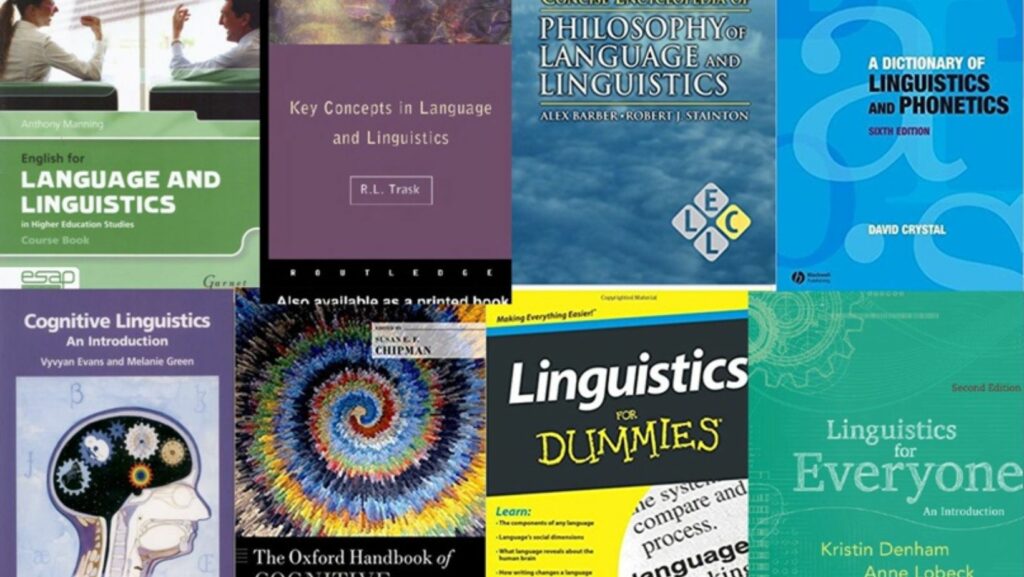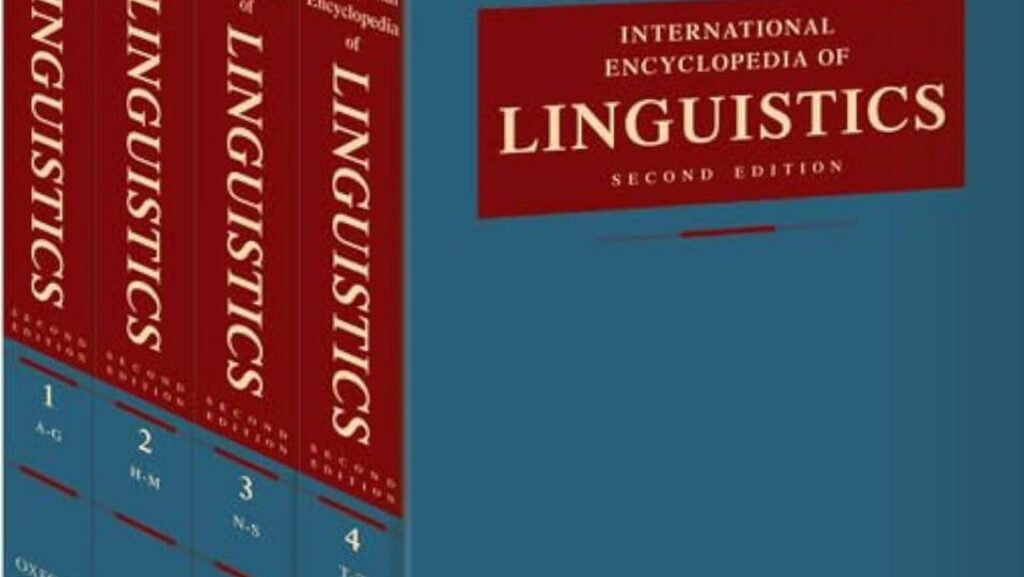
Concise Encyclopedia of Philosophy of Language and Linguistics
Delving into the intricate world of philosophy of language and linguistics opens up a realm of thought-provoking ideas and theories.

A concise encyclopedia of philosophy of language and linguistics dedicated to this subject serves as a gateway to understanding the fundamental principles that shape our communication and linguistic interactions. Exploring the nuances of language through a philosophical lens not only enriches our comprehension of words and expressions but also sheds light on the profound influence of language on our perceptions of the world.
Within the pages of this specialized encyclopedia, readers are invited to unravel the complexities of semantics, syntax, and pragmatics, among other key concepts that underpin the study of language and communication. By distilling vast amounts of information into digestible entries, concise encyclopedia of philosophy of language and linguistics this resource offers a comprehensive overview of the philosophical inquiries that have shaped our understanding of language throughout history.
Overview of the Concise Encyclopedia of Philosophy of Language and Linguisti
The concise encyclopedia of philosophy of language and linguistics offers a deep dive into the fundamental principles of communication and linguistic interactions, shedding light on the profound impact of language on our perceptions of the world. Readers are invited to explore the intricate realms of semantics, syntax, and pragmatics through a philosophical lens, gaining insights into the historical philosophical inquiries that have shaped our understanding of language.
Content Scope

The encyclopedia covers a wide array of topics, including but not limited to semantics, syntax, pragmatics, language acquisition, communication theory, and the philosophy of language. It delves into the intricacies of language structure, meaning, and usage, providing a comprehensive overview of key concepts and theories that underpin the philosophy of language and linguistics. Readers can expect to find detailed discussions on the nature of language, its evolution, and its role in shaping human thought and perception.
Target Audience
The concise encyclopedia caters to a diverse audience interested in delving into the philosophical aspects of language and linguistics. It is a valuable resource for students, academics, researchers, and language enthusiasts seeking to deepen their understanding of how language functions within the realms of philosophy. Whether exploring the foundations of communication theory or unraveling the complexities of linguistic meaning, the encyclopedia offers valuable insights that appeal to individuals with a keen interest in the philosophy of language.
Key Themes and Topics
Exploring the intricate world of philosophy of language and linguistic theory reveals critical insights into how humans interpret and communicate through language. The following key themes and topics provide a structured overview of these fundamental areas:
Philosophy of Language
Delving into the philosophy of language unveils a deep dive into the nature of linguistic communication and its philosophical implications. Key themes in this domain include:
- Language and Thought: Examining the interplay between language and cognition sheds light on how linguistic structures influence thought processes.
- Meaning and Reference: Analyzing how words acquire meaning and refer to objects or concepts elucidate the complexities of language comprehension.
- Truth and Semantics: Investigating the relation between truth, meaning, and linguistic expressions offers valuable insights into linguistic semantics.
Linguistic Theory
Understanding linguistic theory involves grasping the systematic study of language and its principles. Essential topics within linguistic theory comprise:

- Syntax and Grammar: Exploring the rules governing sentence structure and word order elucidates the organization of linguistic elements.
- Phonetics and Phonology: Investigating the sounds and patterns of speech unveils the fundamental aspects of language sounds and their variations.
- Pragmatics and Discourse: Analyzing language use in context and communicative settings sheds light on the pragmatic aspects of linguistic interactions.
This structured exploration of philosophy of language and linguistic theory provides a nuanced understanding of language’s profound role in shaping human communication and thought processes.
The concise encyclopedia of philosophy of language and linguistics encapsulates a wealth of knowledge and insights into the intricate world of language theory. By delving into the realms of semantics, syntax, and pragmatics through a philosophical lens, it illuminates the profound impact of language on human cognition and communication. Through the contributions of notable figures and a diverse array of perspectives, the encyclopedia serves as an indispensable resource for students, educators, and researchers in the field of linguistics. Its structured presentation of concepts and historical developments fosters a deeper comprehension of the intricate relationship between language, thought, and communication. As a cornerstone of scholarly investigations and a catalyst for innovative approaches, this encyclopedia stands as a beacon guiding the ongoing discourse and advancements in language philosophy.

Leave a Reply